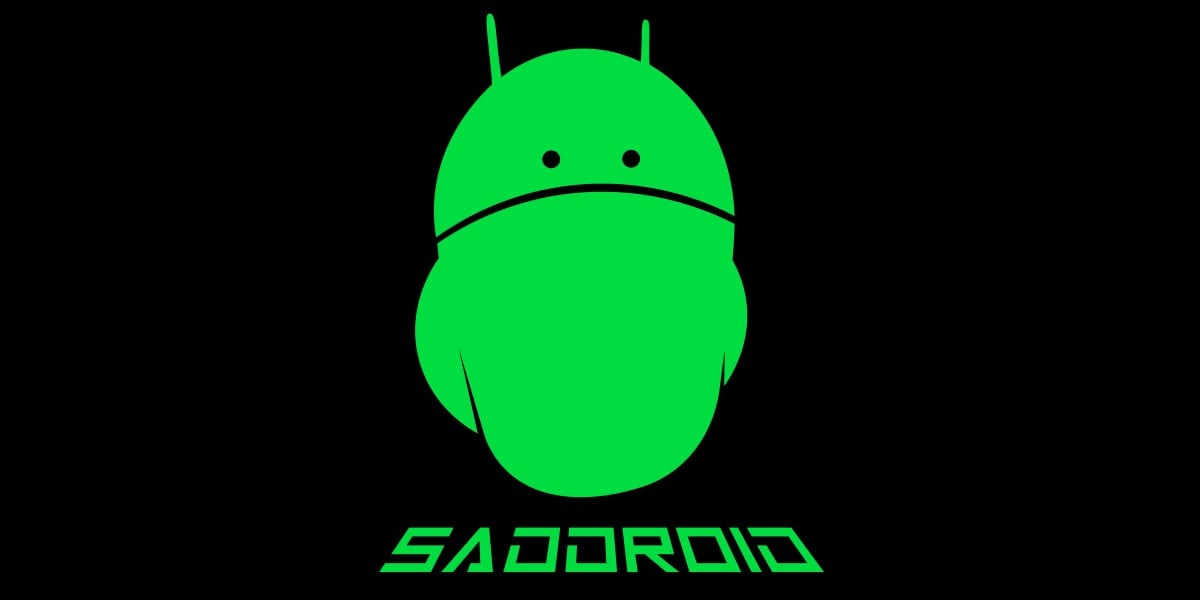Google has decided to loosen some of its recently introduced rules regarding registration of Android developers and their apps, but isn’t rushing to deliver the modest changes it plans.
The company has long required developers of apps sold in its Play store to verify their identities, but spared coders of apps who distribute their efforts elsewhere from that requirement. In August, Google changed that stance and required all developers of Android apps to submit information about their affairs to pass an identity verification process, and to have all their apps digitally signed.
Google said the changes were necessary because apps from unknown developers delivered from sources outside Play are a major source of malware.
But developers didn’t like the changes and, under the rallying cry Keep Android Open, pushed back against Google’s proposed changes.
Google appears to have noticed that protest, as on Wednesday backed down a little from the scheme it announced in August.
“We appreciate the community’s engagement and have heard the early feedback – specifically from students and hobbyists who need an accessible path to learn, and from power users who are more comfortable with security risks,” wrote Matthew Forsythe, Google’s Director of product management, Android app safety. “We are making changes to address the needs of both groups.”
Forsythe described power users as “experienced” and happy to “accept the risks of installing software that isn’t verified.”
Such users will therefore get a new way to install apps that makes it hard for scammers to coerce them into installing software, and will “include clear warnings to ensure users fully understand the risks involved, but ultimately, it puts the choice in their hands.”
Google is not rushing this effort: Forsythe said the company is “gathering early feedback on the design of this feature now and will share more details in the coming months.”
Also moving slowly is Google’s pledge, made in August, to offer a less burdensome registration process for students and hobbyists. Forsythe’s post says the company has listened to feedback and is working on a “dedicated account type” that will allow such users to distribute their apps “to a limited number of devices without going through the full verification requirements.”
He didn’t offer any information on when the process will become available.
But on Wednesday Google did start accepting invitations for developer verification in Android Developer Console for developers that distribute exclusively outside of Play – which means it is enacting its original and controversial plan but isn’t saying when its modest revisions will become available. ®

